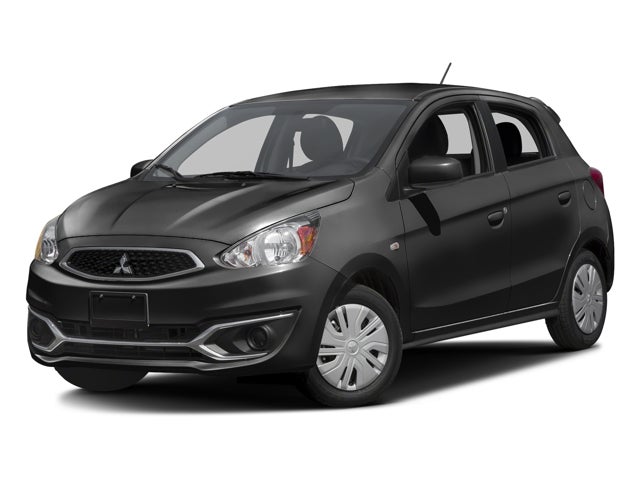Col Lamb wrote: ↑Tue Nov 07, 2017 10:30 pmIts the cost of the Teslas that is the problem Luke.Luke wrote: ↑Tue Nov 07, 2017 10:21 pm Luke to the rescue!
This can easily be summarized in three points:
1. Today, and until 2020 Tesla will be the ONLY alternative to replace an ICE from a convenience perspective. Charging network works incredible well and no hazels with payments and such. Just plug in and leave the car and the uptime is close to 100%. Expensive cars and has it downsides - this we can agree on. So this is clearly not for the masses nor for everyone. At least not until Model 3 is out there if they sort the "production hell" ramp up.
2. Existing charge points in all countries are a real mess. Mix of RFID-badges, subscriptions, apps that doesn't work, charge posts that doesn't work, etc etc. They're clearly in the early stages, people working in the support are not educated about how things work, etc etc. Home charging is the only reliable option and that doesn't do it for longer commutes.
3. Ionity and E.ON will deploy 350kW charging networks cross Europe. It will be a stronger network than even Tesla.
E.ON will build 10.000 350kW capable chargers in Europe (CCS Standard):
https://electrek.co/2017/11/06/ultra-fa ... g-network/
Ionity (VW group, BMW, Daimler, Ford) Will deploy 400 charging STATIONS, with on average about 6 stalls each station across Europe before 2020
https://electrek.co/2017/11/03/ultra-fa ... olkswagen/
So it's really simple. Wait until 2020 if you think Tesla is an overpriced shitbox from America, because about year 2020 EU will have a reliable and convenient real Fastchareging network available and at the same time the Germans happen to release their EV programs from vaporware into drivable cars that customers actually can buy (thumbs up icon inserter here)
In the UK we have to pay tax on the value of a Company car hence Tesla will not be considered by manyif any Companies.
Our tax is not just on value its on other factors as well.
Its why many of us choose to opt out of Company cars and finance our own with an enhanced payment with our salary.p from our employers.
I completely understand that Col! I think you missed my point.
This was by no means a post saying that everybody should go out and buy a Tesla - rather the opposite to be frank. The message is more of wait until 2020 when there are alternatives on the market and charging infrastructure supporting those cars.
Today it's just not convenient driving around in e.g. a Nissan Leaf or E-golf because charging is slow and a hazel with reliability when charging en route. Those cars work fine if you drive shorter daily commutes and only charge home over night. For longer trips it just doesn't work very good.
Tesla are too expensive (like I wrote) and therefore those cars are no alternatives today for most people. So wait until the next century and the options will be better both for vehicles on offer and also the fast charging networks that by then will be more widely deployed.


